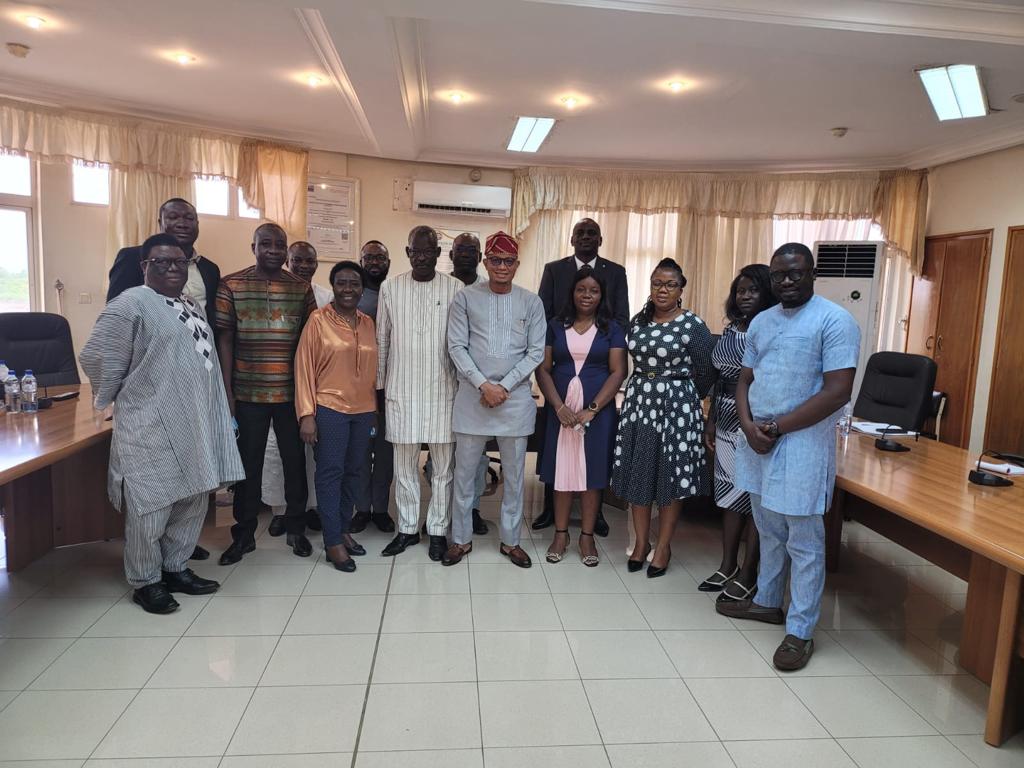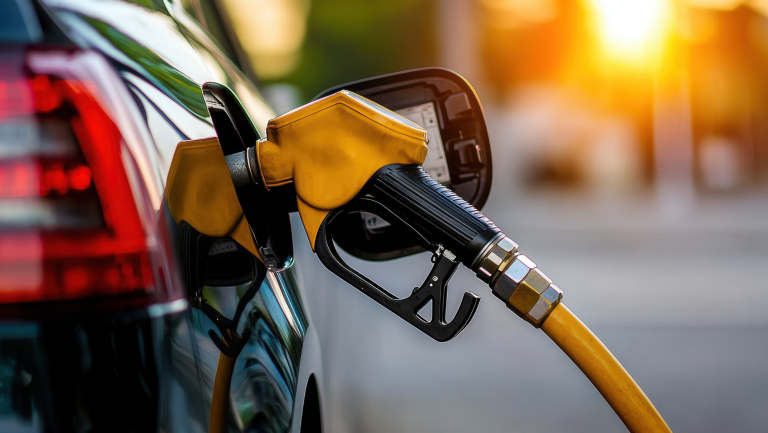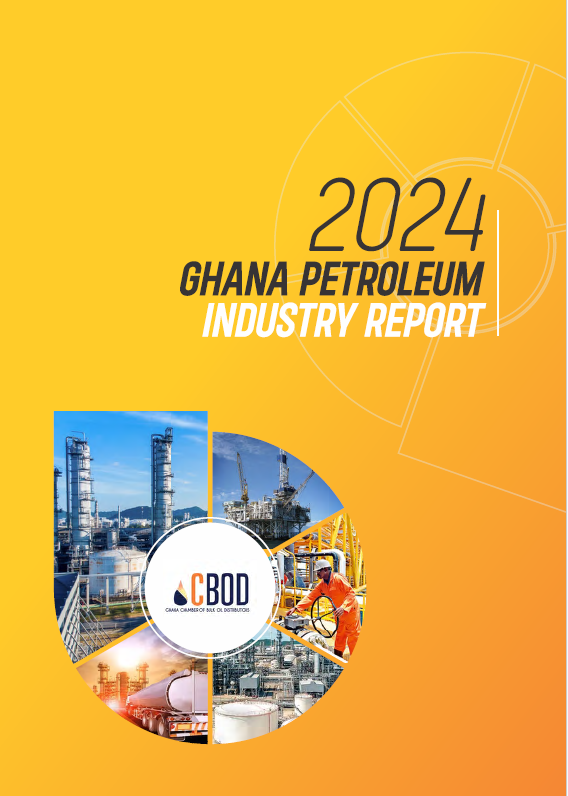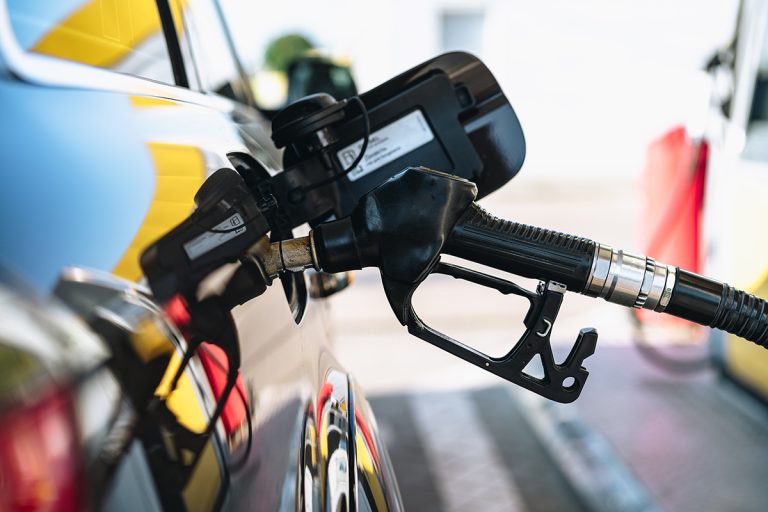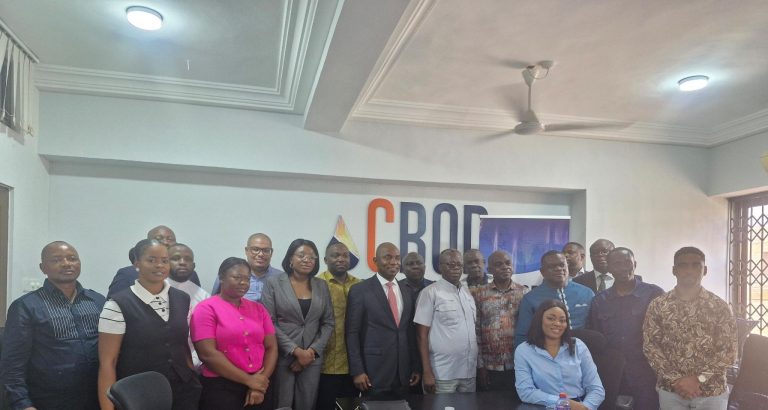In a bid to improve petroleum products trade between Ghana and Burkina Faso, the National Petroleum Authority (NPA) is reviewing the export and transit arrangements with Societe Nationale Burkinabe d’Hydrocarbures (SONABHY).
SONABHY is the only institution mandated by law to import and distribute petroleum products in Burkina Faso.
The review is to among other things strengthen the collaborations between Ghana and Burkina Faso in relation to the supply of petroleum products.
Dr. Mustapha Abdul-Hamid, the Chief Executive of NPA who made this known during a courtesy call on the management of SONABHY in Ouagadougou, Burkina Faso said “was to ensure that we tighten the processes on petroleum products.
I am hoping that we will be able to strengthen the process that does not allow leakages or people to carry products with the purpose of delivering it at Ouagadougou only divert them.”
Dr. Abdul-Hamid noted that gasoil export to Burkina Faso has been on a decline since 2019 of about 72% compared to the 2020 volume.
He appealed to SONABHY to improve on their imports from Ghana as the landlocked country currently imports 15 percent of their petroleum products from Ghana as compared to the remaining 85% supplied from Togo and Cote D’Ivoire.
The low import of petroleum products from Ghana is attributed to the high cost of the products due to its high specification (50ppm) as compared with products supplied from other countries such as Cote D’Ivoire and Togo (3000ppm).
The Executive Director of SONABHY, Hilaire Kaboré, welcoming the NPA team said with the adoption of cleaner fuels by ECOWAS earlier this year, its petroleum trade activities in Ghana would see an increase in the coming days.
“In January 2021, ECOWAS issued a directive which I believe will help our activities in Ghana. Ordinary, all the imports of petroleum products should meet the specifications (50ppm) that Ghana adopted in 2017,” he noted.
The SONABHY Boss revealed they were already in discussions with Ghanaian companies to sign additional storage agreements in anticipation of an increase in export from Ghana.
“The roads in Ghana are good, the distance is not too far,” he said. “So we assure you once the harmonization of fuel specifications in the sub-region is concluded you should see volumes and export activities increase through Ghana.”

